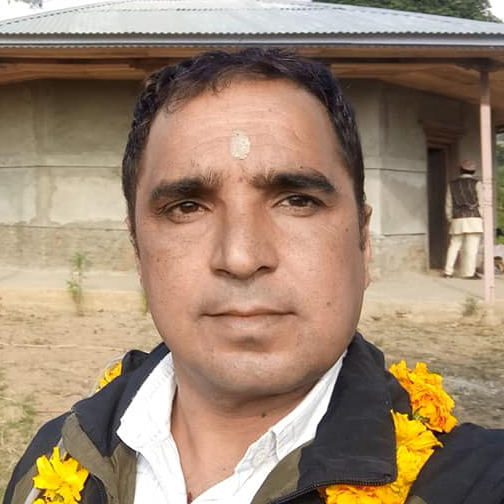Money
Growing organic tea a difficult task
Shortage of organic fertilisers, costly organic farm certification process and lack of market access have discouraged organic tea producers here
Biplav Bhattarai
The eastern hill district is the largest producer of organic tea. There are 12,000 farmers associated in commercial tea production, but only 10 percent of them have obtained the organic farm certification.
“It’s not possible to make Ilam an organic tea production hub by including few farmers,” said Surya Mani Poudel, proprietor of Daju Bhai Orthodox Tea Industry at Nayabazaar. “There is a need for a massive campaign to raise awareness to encourage farmers towards organic production.”
The government has been providing incentives for organic producers, who are involved in cooperatives.
These cooperatives need to obtain the organic certification. However, tea farmers said it was difficult to form cooperative groups in many places.
Besides, farmers lack comprehensive training in the areas of pest control, environmental conservation, fertiliser application and leaf plucking to boost productivity.
Prices are another factor. Tea growers say private tea processing mills do not pay them reasonable price for their products. Organic tea growers receive Rs 40-60 per kg of green tea leaf. Normal tea leaf fetches Rs 20-30 per kg.
“As global consumption of organic tea is increasing at a faster pace, Nepal’s tea export could struggle in the near future if it is not realised now,” said Uday Chapagain, proprietor of Gorkha Tea Estate in Fikkal, Sundarpani.
He said Darjeeling tea produced on the India-Nepal border is totally organic now. “Nepal would struggle to sell its product in the future if the country fails to address the industry’s concern immediately.”
Ilam annually produces 3,000 tonnes of organic tea leaves. Traders said the lack of a logo, or branding, is another problem. They said without proper branding, quality cannot be assured in the global market.
For organic production, chemical fertilisers should be replaced by cow dung, while crushed Neem leaves are used for pest control. “However, farmers are reluctant to apply this method as it reduces production significantly,” said Rabin Rai, secretary of Central Tea Cooperatives Association.
Besides, obtaining the organic certification is costly. “So there is a need for an awareness campaign to promote organic production as well as ensuring market access and better prices for farmers,” Rai said.
Tea grown in high altitudes is processed to produce orthodox type.
It has lighter colour better flavour and good aroma. In Nepal, orthodox tea is exclusively made from processing leaves of hill-grown tea bushes and therefore, it is known as hill tea.




 13.12°C Kathmandu
13.12°C Kathmandu















